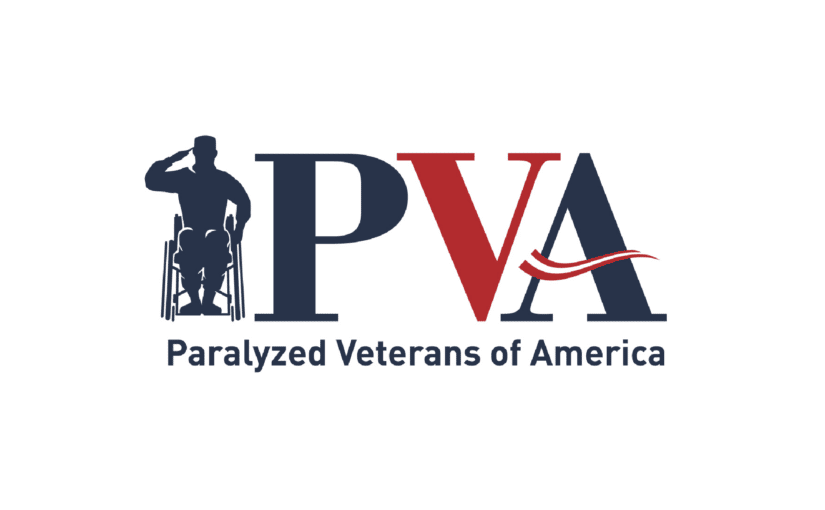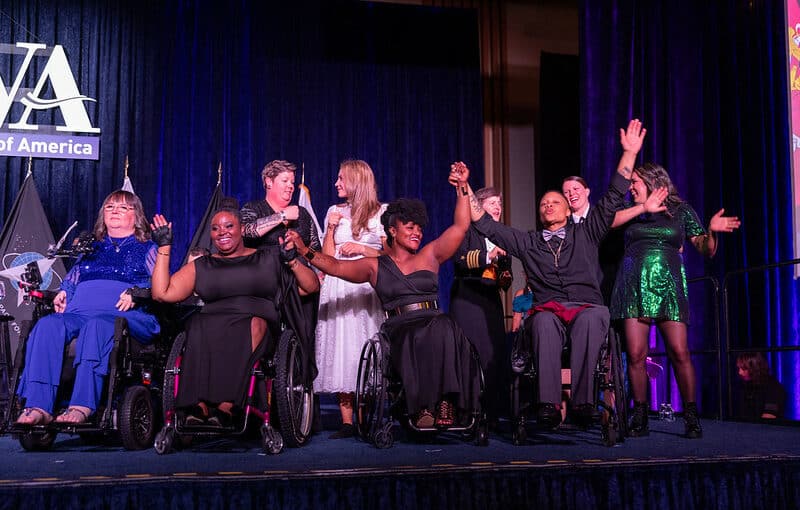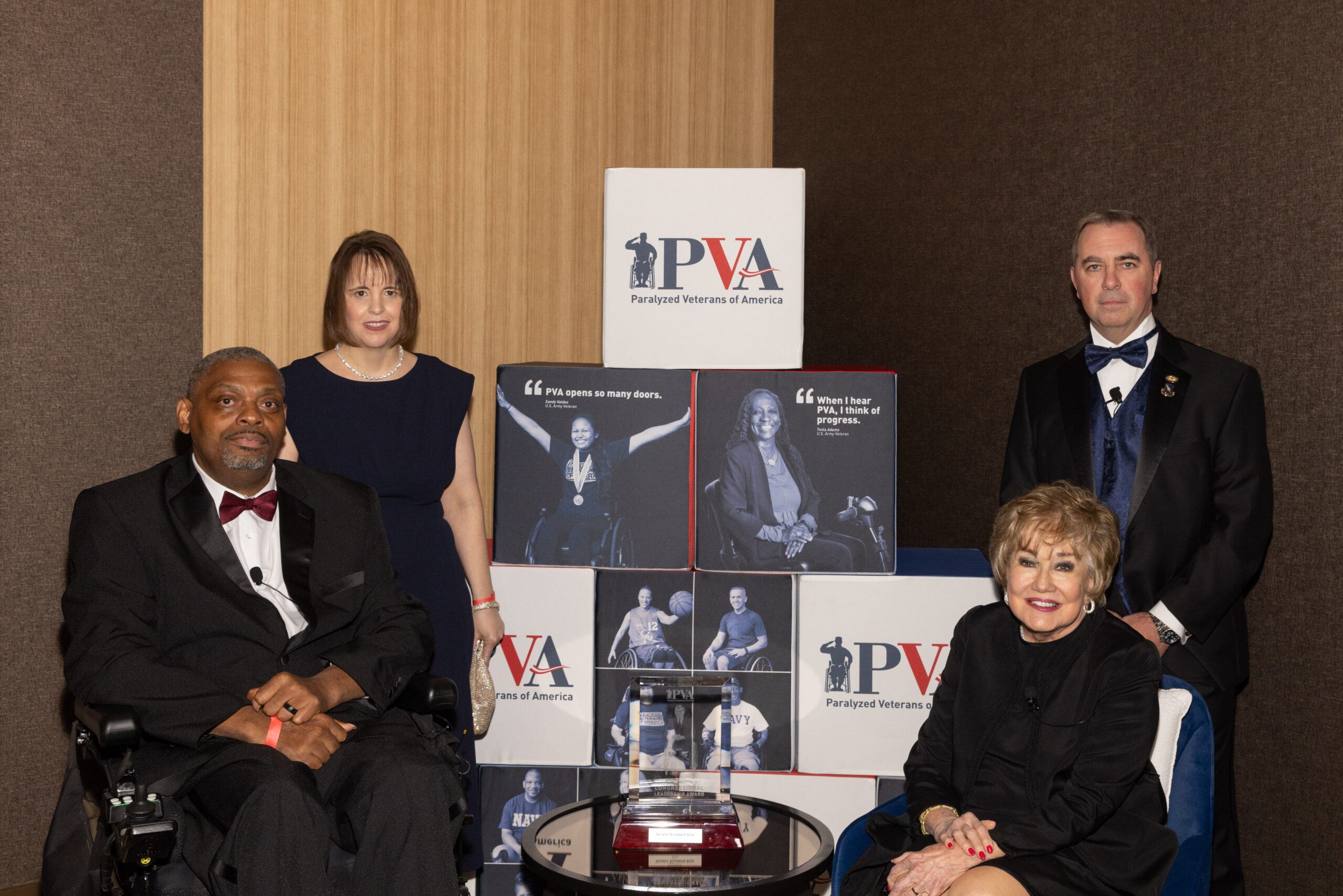Paralyzed Veterans of America Meets With President Trump, VA Secretary Shulkin and Fellow VSOs to Review Top Priorities for America’s Veterans
Sherman GIllums, Jr. issued the following statement:
“Paralyzed Veteran of America was gratified to participate in what we hope will be one of many collaborative meetings with President Trump and his Administration, as well as Secretary Shulkin. We entered the meeting with core questions about the future of VA healthcare–particularly specialized care, protections for veterans in alternative community care without Congressional oversight, and in relation to important bills now moving in Congress. Coming out of the meeting, we believe that the President and his Administration are committed to improving the VA system of care and expanding choices for veterans seeking healthcare outside of the VA system. What’s more, we are optimistic that with further collaboration between his Administration and VA Secretary Shulkin, there is a new day dawning for the future of all health care for veterans that includes convenience, quality and adequate protections. We look forward to working on these points in the interest of our members.”
Specifics of Paralyzed Veterans of America meeting talking points included:
- ♣ Healthcare – Special populations of veterans, such as those with spinal cord injuries, traumatic brain injury, blindness, and severe mental health conditions have essentially been largely forgotten in the Veterans Choice Care debate. These veterans haven’t had many reliable alternatives for care in the community, which is why Paralyzed Veterans is pushing for more targeted and conscientious expansion of community care access for veterans, particularly where VA hospitals that serve special populations are failing. Paralyzed Veterans is currently working with the VA to explore what that looks like for our 18,000 members enrolled in VA health care.
- ♣ Title 38 Protections, Healthcare – It is vital that we ensure greater statutory protections for all veterans, standards of care that favorably compare to the VAs best practices, reliable care coordination between the VA and non-VA providers, and continued Congressional oversight (Title 38) so that veterans don’t become mere commodities in private sector health markets with dollar signs on their foreheads.
- ♣ VA Staffing – Paralyzed Veterans also supports Congressionally mandated bedding and staffing capacity reporting, which will ensure greater accountability within specialized care services, such as spinal cord injury, polytrauma, and blinded rehabilitation. Also, there have been longstanding problems with access to prosthetics (wheelchairs, patient lift systems, clothing grants, and home and auto adaptive equipment) due to ineffective and inconsistent policies, most of which are being developed without the input of stakeholders who feel the greatest impact. This problem may require a Choice Care-like solution for veterans who are tired of being underserved or denied access to life-essential prosthetics.
Additionally, the swamp draining needs to continue within the VA, particularly at the mid-level management, where it’s become a safe haven for underperformers who command big titles and paychecks but have done very little to improve healthcare in the post-Phoenix VA era. Those salaries would better serve veterans if they were given to more clinicians who actually deliver bedside care. Paralyzed Veterans estimates the VA spinal cord injury service line needs about 1,000 more bedside nurses to meet currently unmet and future demand, and VA may be able to hire 3 or 4 nurses for every low performing senior executive they replace.



